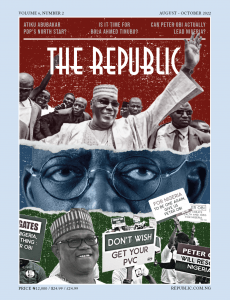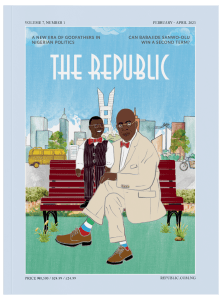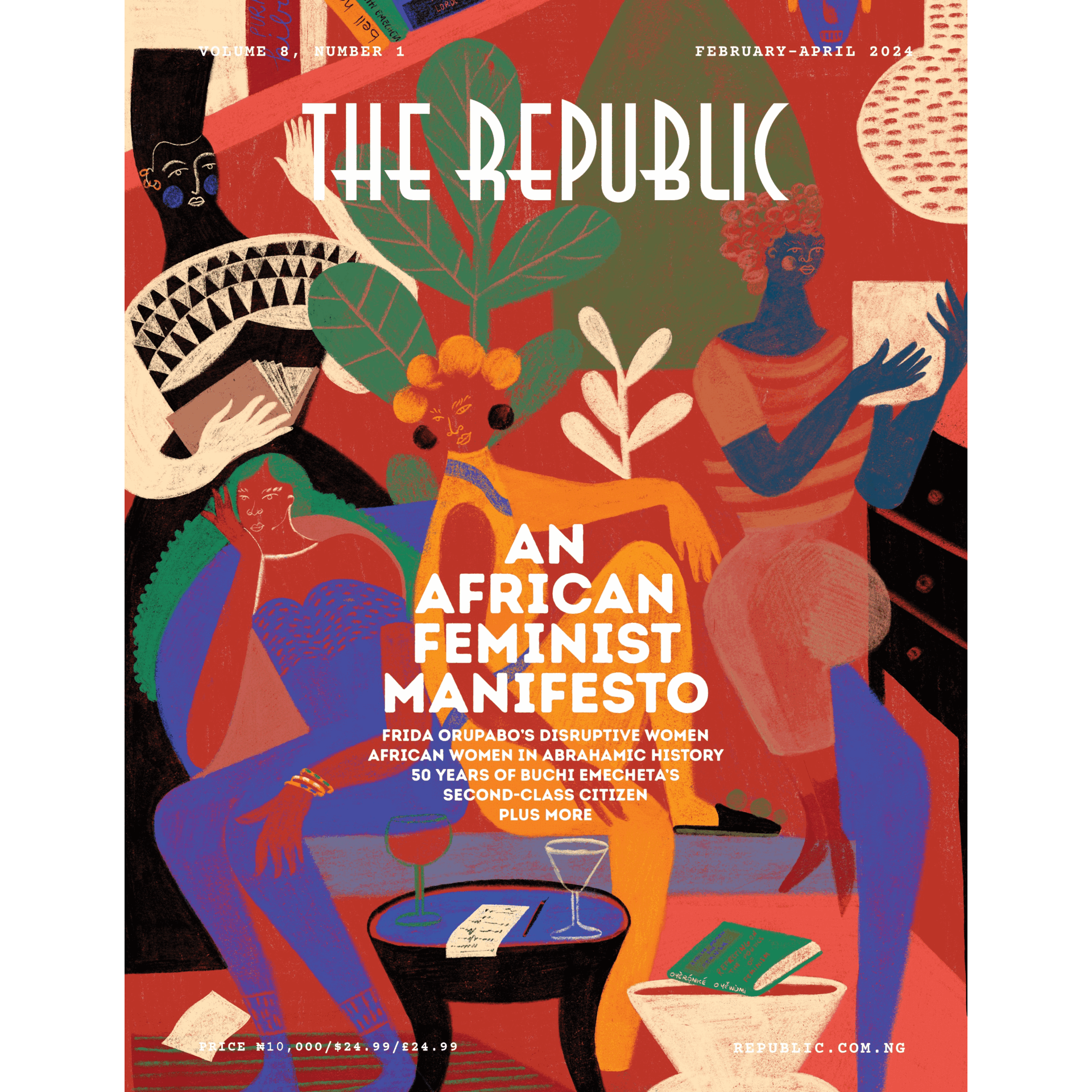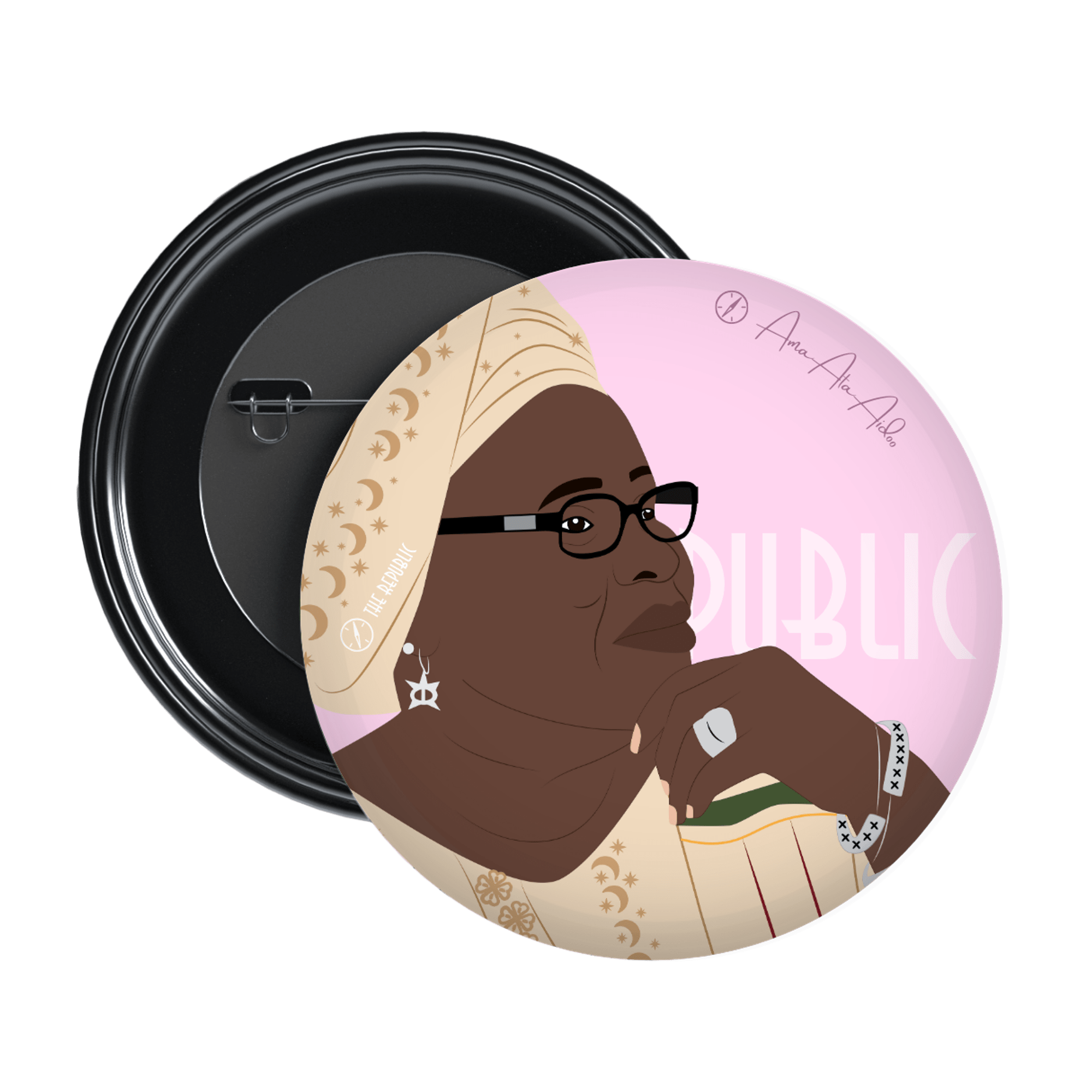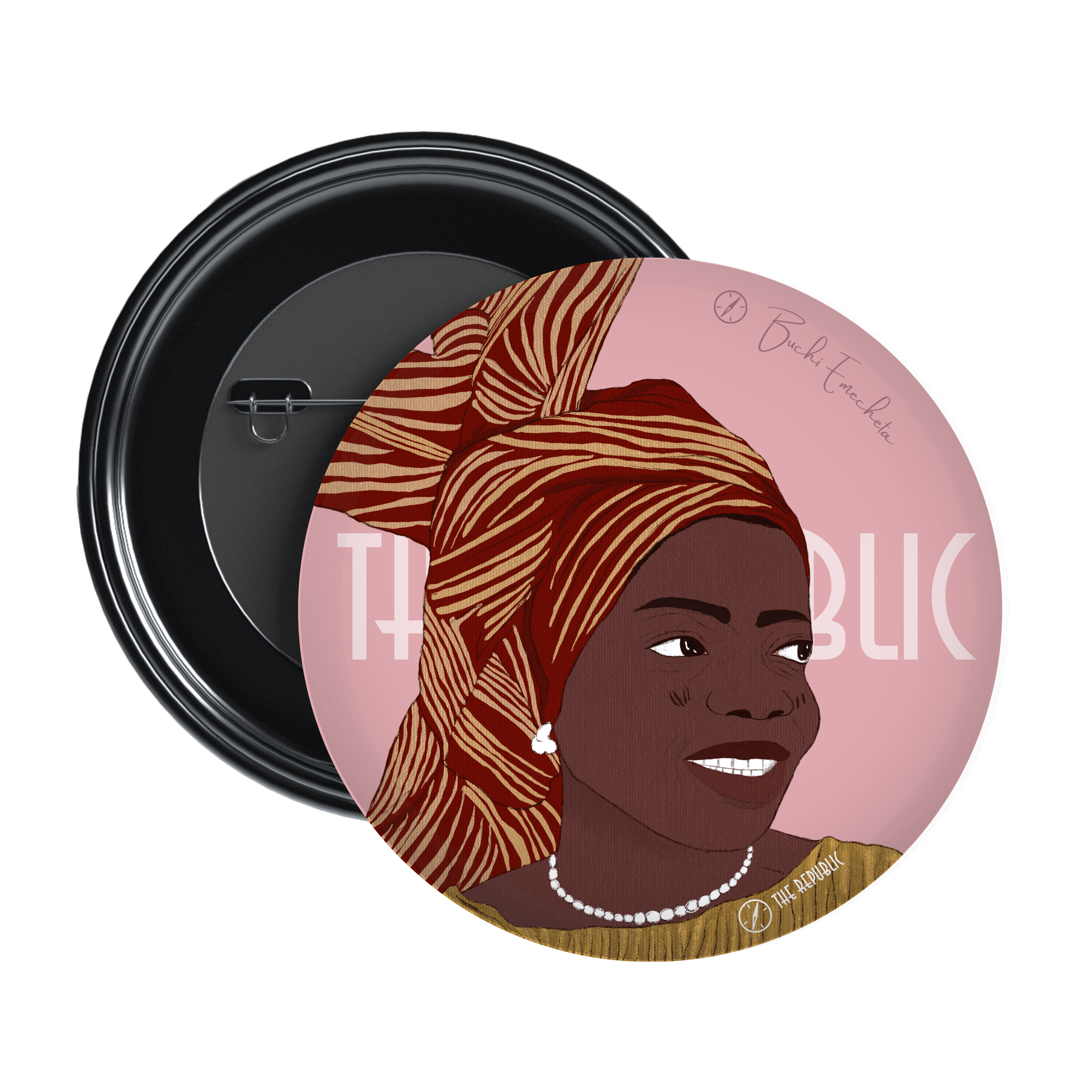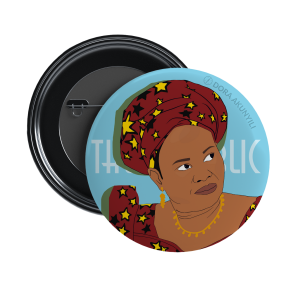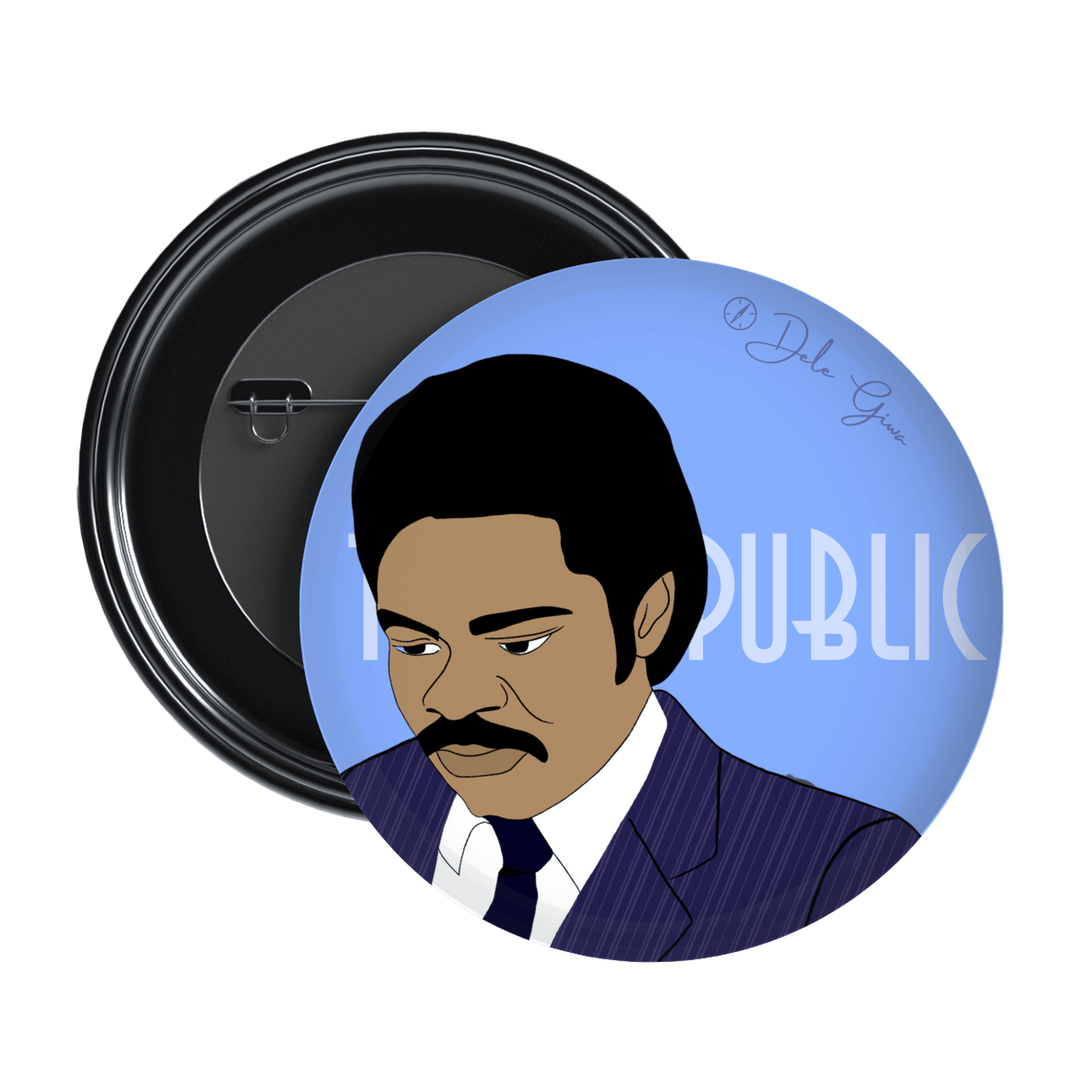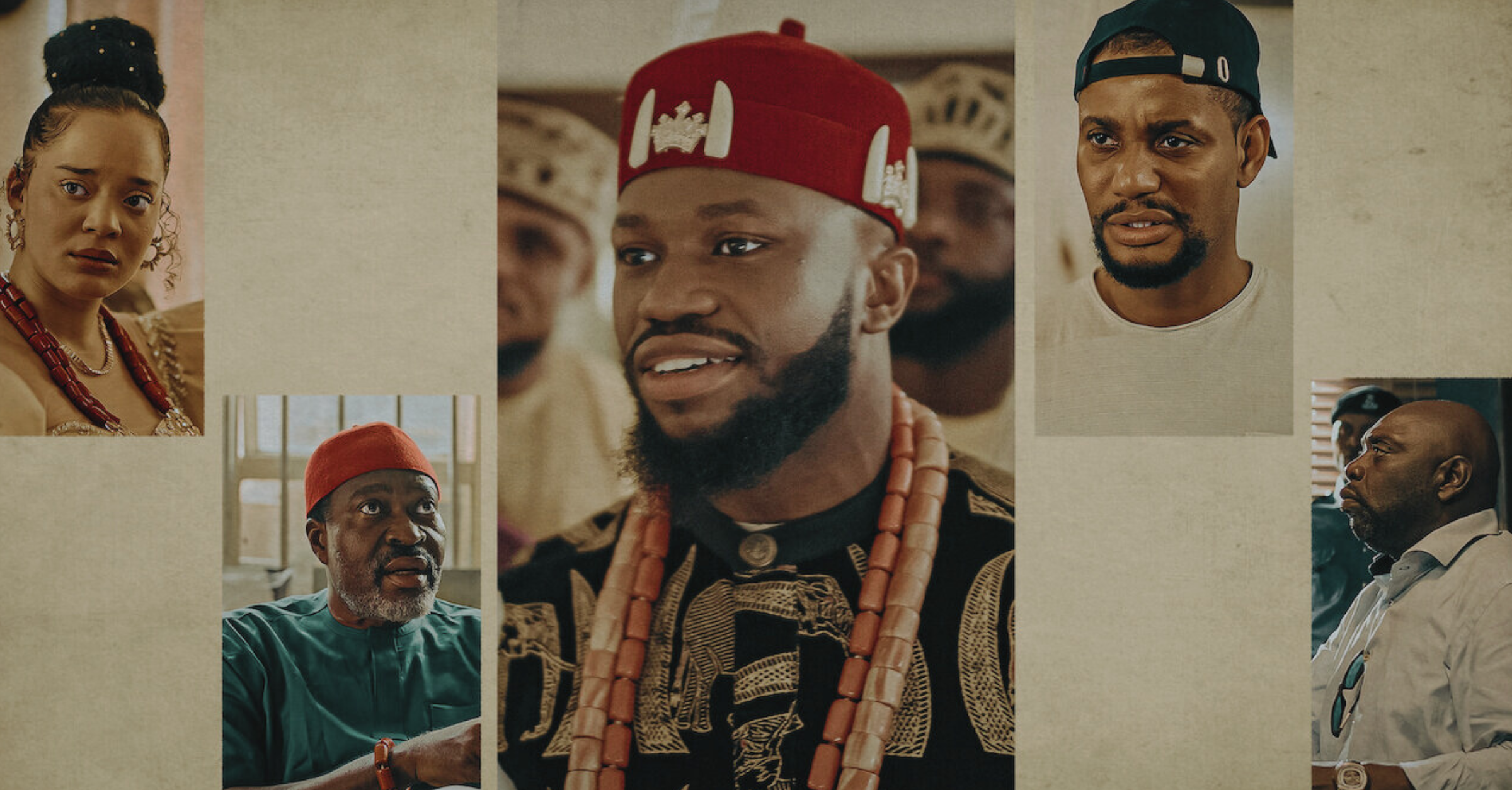
Áfàméfùnà: An Nwa Boi story. NETFLIX.
the ministry of ARTS / FILM DEPT.
A Daring Homage to the Igbo Apprenticeship System

Áfàméfùnà: An Nwa Boi story. NETFLIX.
the ministry of ARTS / FILM DEPT.
A Daring Homage to the Igbo Apprenticeship System
There are things far from acting that bring a movie to the front door of excellent cinema: a good story, believable dialogue, the mundanity of the extras, intentional well-angled camera shots, the casting choice, editing and an endless amount of hard work put in by the many faceless people who sweat and bleed behind the scenes. These elements add the glow and final touch that any movie or TV show needs to move from decent to excellent. Anybody familiar with Nollywood can attest that for the longest time, the battle for excellent cinema in the industry has been between the elements listed above and the actual work people see in movies—the acting. From the 1990s to the 2000s, the industry had what can best be described as some of the most brilliant actors and storytellers. However, since the work they put out fell short in other departments like cinematography and video editing, it failed to reach this mark of excellence. Over a decade has passed since then, and things have significantly changed. Nothing captures this change as perfectly as big box office movies like Áfàméfùnà: An Nwa Boi Story on streaming platforms.
Áfàméfùnà tells the story of a boy who moves from Onitsha in southeastern Nigeria to Lagos, the country’s economic hub in southwestern Nigeria, to learn a trade. Locally known among the Igbo as ‘igba boyi’, it loosely translates to ‘to learn a trade by becoming a master’s boy/apprentice.’ Referred to as the Igbo Apprenticeship System (IAS), it has been practised across Igboland for centuries. Professor and businessman, Ndubuisi Ekekwe, in a 2021 essay in the Harvard Business Review described the system as the largest business incubator in the world. While the conflict that carries the story hinges on uncovering the killer of another character who had been a fellow nwa boyi (apprentice) alongside Áfàméfùnà, the titular character, the story digs into the entire nwa boyi experience.
SUB-THEMES AND AN ACHIEVEMENT OF THE IMPOSSIBLE
The IAS is the primary theme Áfàméfùnà anchors on. It immerses the viewer in an experience that typically lasts from half a decade to a whole decade in an effort to teach the nwa boyi ‘things about running a business that a university would not teach them.’ While the story explores ìgbà boyi holistically, its true strength lies in the bird’s eye view it extends to sub-themes that surround this experience. It explores the subtheme of running the kind of business that requires raising ụmụ boyi (apprentices) and helps watchers understand what it means to be a rookie nwa boyi or an oga (business owner). The movie also explores the relationship between an oga and his umu boyi, while throwing light on the relationships between ụmụ boyi within themselves. Beyond these, the movie shows us a glimpse of the relationship between the people at the backend of the business and the customers. In the early scenes of the movie, we see Kanayo O. Kanayo’s character, Odogwu, telling Áfàméfùnà, ‘orere bụ eze, ọzụ azụ bụ eze’, (which means the seller is king and the buyer is king), capturing the ideology behind how these Igbo businessmen treat their customers. Áfàméfùnà also depicts the realities of the importation business and the effects of ‘red-tapism’ of the Nigerian Customs Service on businessmen.
Before the movie ends, we are exposed to more nuances of the different classes of characters as they navigate their everyday lives in the market. We learn how ụmụ boyi earn some extra money by padding the prices of products in an act called ‘apiriko’. We also learn about the alertness with which they scrutinize bills to spot the fake ones and the rage with which they treat people who attempt to swindle them. Above all, we see the place of transparency and hierarchy in the IAS, how religiously it is followed and what happens when these are truncated.
shop the republic
-
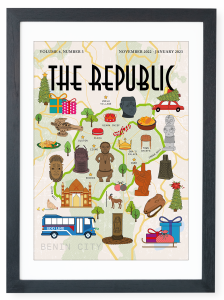 ₦70,000.00 – ₦75,000.00Select options This product has multiple variants. The options may be chosen on the product page
₦70,000.00 – ₦75,000.00Select options This product has multiple variants. The options may be chosen on the product page -
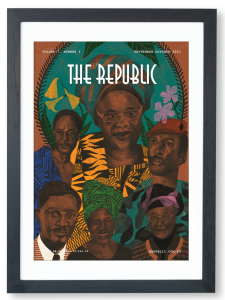 ₦70,000.00 – ₦75,000.00Select options This product has multiple variants. The options may be chosen on the product page
₦70,000.00 – ₦75,000.00Select options This product has multiple variants. The options may be chosen on the product page -
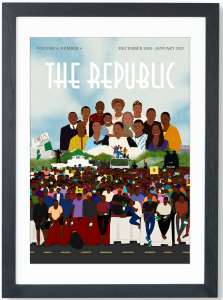 ₦70,000.00 – ₦75,000.00Select options This product has multiple variants. The options may be chosen on the product page
₦70,000.00 – ₦75,000.00Select options This product has multiple variants. The options may be chosen on the product page -
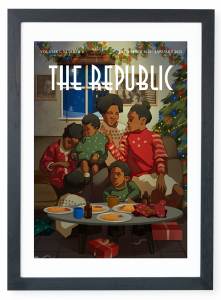 ₦70,000.00 – ₦75,000.00Select options This product has multiple variants. The options may be chosen on the product page
₦70,000.00 – ₦75,000.00Select options This product has multiple variants. The options may be chosen on the product page
shop the republic
-
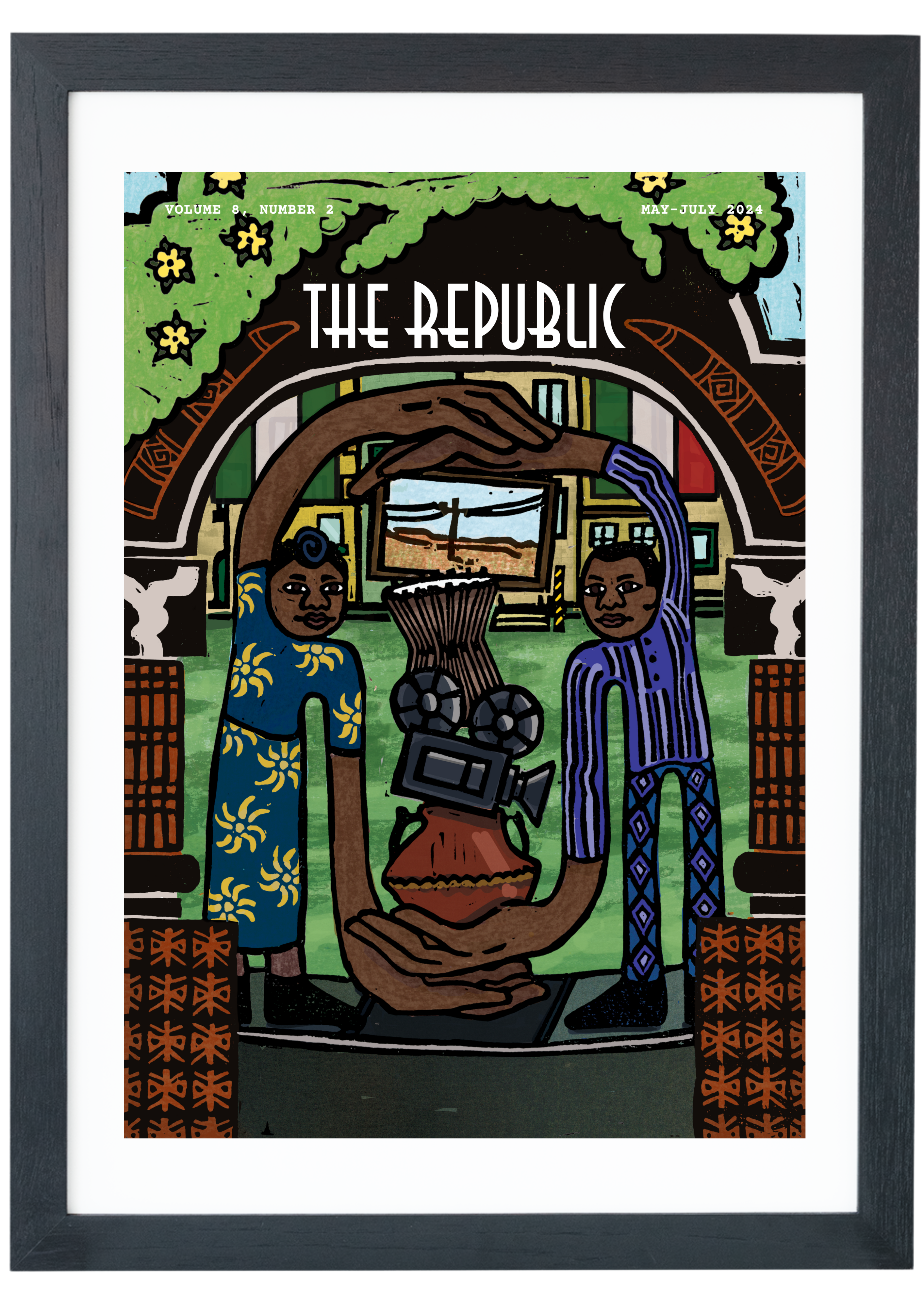 ₦140,000.00 – ₦150,000.00Select options This product has multiple variants. The options may be chosen on the product page
₦140,000.00 – ₦150,000.00Select options This product has multiple variants. The options may be chosen on the product page
THE SUCCESSES OF ÁFÀMÉFÙNÀ
In a way that cancels most odds, Áfàméfùnà excels in its writing and the level of research that went into it. The storytelling is well-rounded and brilliantly crafted. With the help of the memories of the titular character and his wife, this movie employs a reverse chronological order in its storytelling. The plot unfolds in a way that the richness and suspense of the movie are held together to the very end. The conversations flow realistically from scene to scene in a way that makes imagining real people having similar conversations easy.
There are numerous pieces of excellence that merge to bring Áfàméfùnà as close to perfection as cinematically possible. The everydayness of the extras—which is the point of having extras in a play or a movie—is one such instance. The success of the wardrobe and costume department in adorning the cast in believable garbs and looks is commendable. The ability of the hands behind the camera to capture aerial views of the market added an almost gustatory familiarity to the market scene. The intentional details that went into setting the scenes are also noteworthy. When we first see the home scenes, the camera catches a carefully placed 2002 calendar bearing an image of Odogwu’s picture, something that can be expected from a successful Igbo businessman of that time. Later in the movie, we see Odogwu’s sitting room again. This time, family pictures of Odogwu with his wife and daughter sit side by side with images of Jesus and Mary, all typical features of any Catholic Igbo family. These details come together to crown the efforts of the writers with a level of believability. In all, the general editing that ties these well-executed elements together contributes to making this a rich watch.
shop the republic
WHAT AFAMEFUNA GOT WRONG
The most glaring failure of Áfàméfùnà comes in the casting choice made between younger and older Amaka, Afam’s wife. Akin to the casting choice made when Aunt Viv was changed in The Fresh Prince of Bel-Air, the older Amaka looks biracial when the younger Amaka that she replaces later in the movie is only light-skinned. While the older Amaka shows particularly inspired acting in scenes where she cries, one is left wondering if crying overrides racial features in casting decisions. There are, of course, things the casting director could have requested the older Amaka to put herself through if they cared about beguiling watchers into thinking this was indeed Amaka years after, like getting a tan—which, if it sounds ridiculous, only shows just how incredulous the change in skin tone was for watchers.
Similar to the disparity between the two Amaka characters, the younger Afam spots an obvious birthmark on his nose that is nowhere to be found when he is older, leaving watchers wondering if birthmarks disappear with age. This incoherence would not have been an issue if it were not something someone in the makeup department could have easily prevented with either a dab of concealer or a dot of an eye pencil.
The greatest incoherence in Áfàméfùnà sits on the tongues of the younger characters and in their accents. On one end, Afam, who we are made to believe moves to Lagos from Onitsha, has an accent that could have so easily been pulled from any part of Abia State than from Anambra State, where Onitsha is located. Insignificant as this may seem to non-Igbo speaking watchers, this is such a big issue as Igbo is a very dialectical language and the younger and older Afam characters have accents of people who learnt to speak Igbo in two different parts of the world. Accents (dialects) are very important in Igbo microculture. It is a niche identifier that carries so much weight and story—very akin to what Professor Higgins tried to show the world about the English Language in the golden oldie, My Fair Lady. Anyone with a good grasp of the Igbo cultures and dialects can tell so much about the history of an Igbo person from just listening to them speak the language.
On a similar train is the fact that the younger characters seemed to have such a poor grasp of the Igbo language as a means of primary communication than the older ones do. One may argue that children in Igboland speak English but that does not negate the fact that they are usually perfectly bilingual and speak Igbo in a way that sits comfortably on the tongue as opposed to the way it was spoken by the younger umu boyi in Áfàméfùnà.
shop the republic
WHY ÁFÀMÉFÙNÀ MATTERS
The IAS, igba boyi, has been an integral part of the Igbo story for the past couple of centuries. It is so inseparable from the Igbo identity that most families have people who are oga and some who are former umu boyi. Beyond this, igba boyi is largely credited for the economic rejuvenation and restoration of post-Biafran genocide Igboland that suffered greatly from the Banking Obligation (Eastern States Decree) advised by then minister for finance, Obafemi Awolowo. This decree left every Igbo man with a bank account with only £20 after the war irrespective of how much they had saved before the war, sufficiently impoverishing them further at a time when they had lost so much to the war.
Áfàméfùnà matters because it is a necessarily long overdue documentation of a practice Igbo people, and Nigerians at large, should be proud of. But beyond this, it also matters because its successes outweigh its failures. By a lot of over-critical measures, Áfàméfùnà is not a platinum-level movie, but by any standard, it is a wonderful work of art and an improvement of what the Nigerian movie industry has put forward in the past decade.
As the writer, Somto Ihezue, once tweeted, ‘Brilliant writing and storytelling almost always compensate for average acting.’ This is in part true for Áfàméfùnà because its writing and storytelling are unarguably brilliant. However, thanks to the cast and how naturally they fall into their roles, we are all the better that we cannot call the acting in this movie ‘average’ as every character brought their A-game, making this movie one that will last evergreen as a cultural submission. Yes, it has its failings, but no, these failings are not unforgivable⎈
shop the republic
BUY THE MAGAZINE AND/OR THE COVER
-
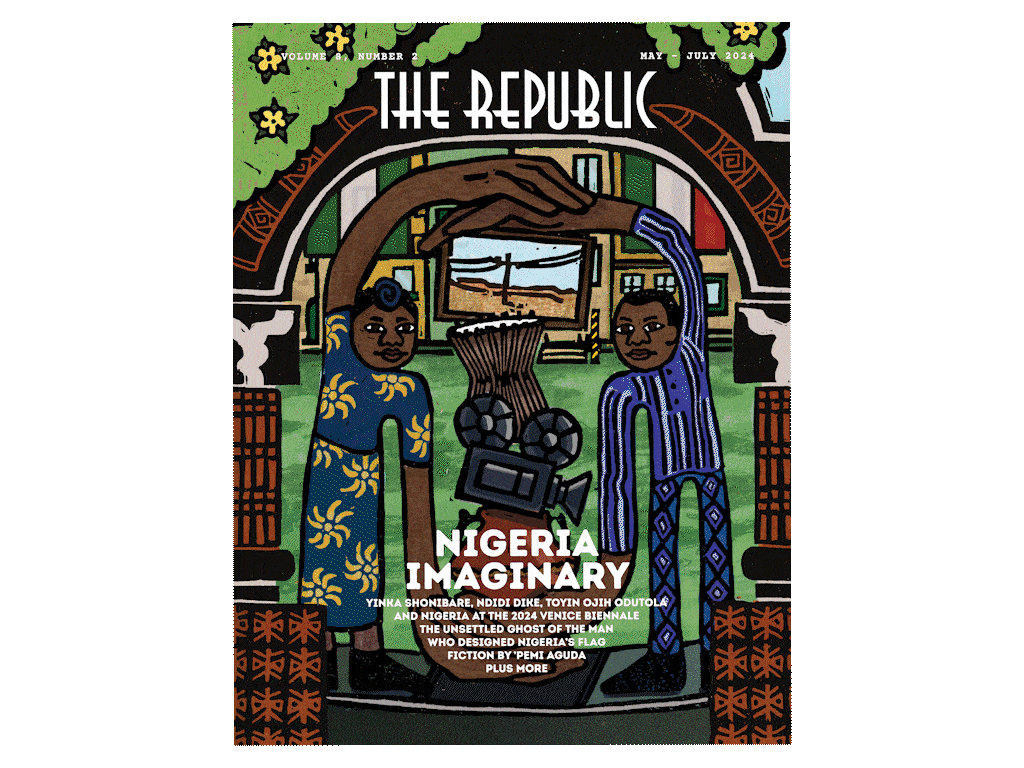 ₦10,000.00 – ₦30,000.00Select options This product has multiple variants. The options may be chosen on the product page
₦10,000.00 – ₦30,000.00Select options This product has multiple variants. The options may be chosen on the product page -
 ₦140,000.00 – ₦150,000.00Select options This product has multiple variants. The options may be chosen on the product page
₦140,000.00 – ₦150,000.00Select options This product has multiple variants. The options may be chosen on the product page





